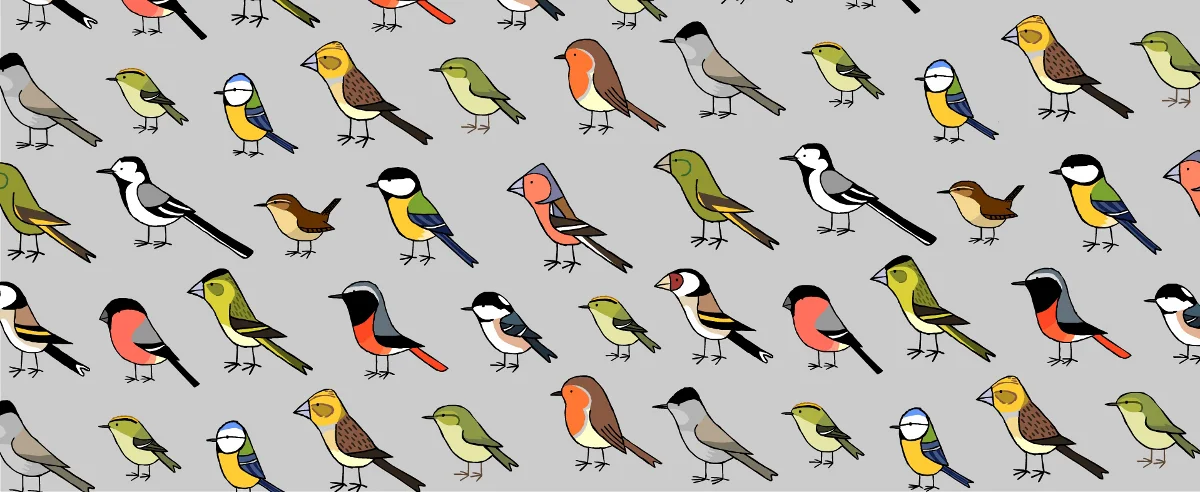For the next 4 weeks here in mid-TN we will be experiencing peak hummingbird activity at our feeders. Now it is crucial that your nectar is fresh and your feeders are clean for best results. Our summer resident hummers are mostly done nesting and youngsters are coming to and beginning to understand feeders. Just days ago an active nest was observed at Radnor Lake. And already we are probably experiencing hummingbirds that have been north of us beginning to move through TN and visit feeders as well.
If you have given up on hummingbirds because you did not see any activity earlier in the summer it’s time to give your feeder a good cleaning and make some fresh nectar. This is the time that hummingbirds are most interested in your feeders and are packing on as much weight as possible before making their long journey back to Central and South America.
Perhaps the most encountered problem at hummingbird feeders this time of year is bees and wasps. There are a variety of things one can do to alleviate the competition between bees and hummingbirds at feeders. Mind you these strategies are, and should be, passive given the challenges honey bees are faced with now. Killing bees is not what we advocate. So, try any or all of the following tips and we’re pretty sure you will have fair to good results.
It’s a fact; bees prefer sweeter nectar than the recommended hummingbird nectar (1 part sugar, 4 parts water). Making it more sugary (1 to 3 ratio) is of no benefit to hummers and may attract more bees. Lure the bees away with a bee feeder. In a shallow container add gravel and a 1 part sugar (white cane sugar) to 2 parts water solution. Fill so that bees can land on the gravel and get the sugar water. Offer this feeder relatively close to where your hummingbird feeders are. This offering should begin to pull the bees away and each day move it a little farther from the hummingbird feeder.
If you experience year to year problems with bees you may consider a feeder that does not have yellow decorations (flowers, etc.) It is believed by many that yellow is more of an attractant for bees than for hummingbirds. If you have yellow flowers on your feeder try painting them red with non-toxic paint. I’ve tested this theory at my house and found there is no negligible difference. Bees seem to be just as attracted to feeders with just red. Again, results may vary.
Very Important. Keep feeders clean. All too often when consulting with customers about feeding hummingbirds we find many are not cleaning their feeders regularly, nor are they changing nectar as often as they should. In 90 degree heat nectar is only good for about 3 days. Maybe less if the feeder is getting several hours of sun. Consider a shadier location and put only enough nectar in the feeder that the birds can consume in 2 or 3 days. And regular cleaning will reduce trace amounts of nectar that settles around feeding ports that bees are drawn to.
If you have a feeder with yellow flowers try applying a little vegetable oil around and on the flower. The bees are not fond of landing on the oil and the hummingbirds do not make contact with them. This is a method I’ve used for many years with decent results.
Start over next spring with a bee resistant feeder like one of the Hummzingers by Aspects. Not only are they much easier to clean but they don’t have yellow flowers and by their design more bee resistant. They also have nectar guard tips that can be added for a more bee proof offering. They come in 8, 12, and 16 oz capacities.
Hummingbird action will be fast and furious for the next month, so don’t miss out. Use the proper nectar recipe (no coloring) and remember, there is not a specific time to take down your hummingbird feeders. The presence of feeders will not cause them to stay.
Also Saturday August 24th the Warner park nature center will be having their Hummingbird celebration from 9am - 2:30pm. There will be lectures, bird banding, and activities for all ages. For more information Click Here or visit the nature centers event page on facebook.

